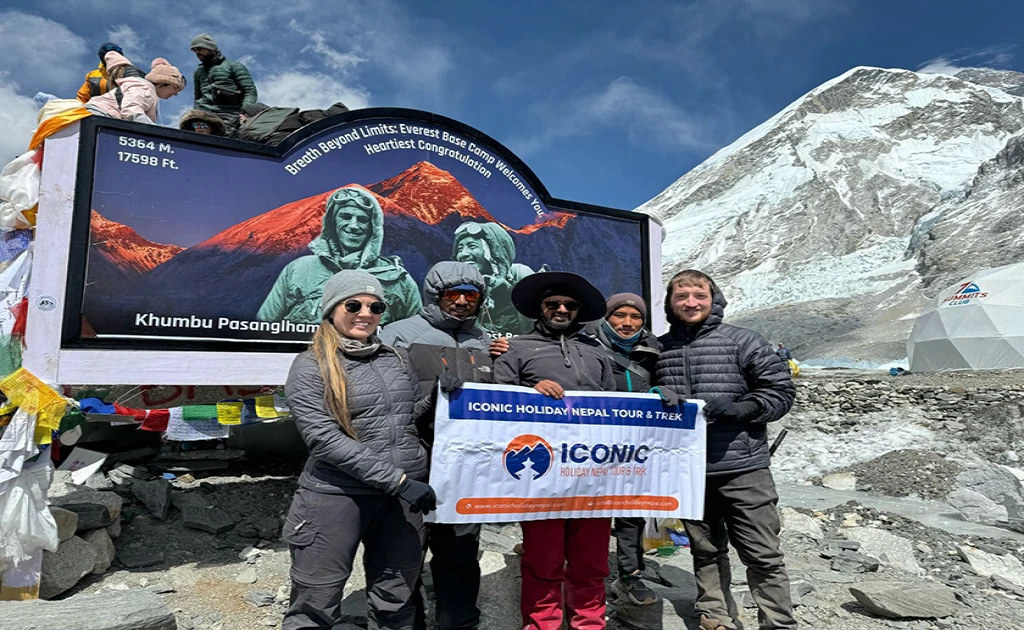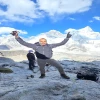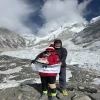Discover the adventure of a lifetime with this 14-day Everest Base Camp Trek, starting with a scenic flight to Lukla and winding through the breathtaking landscapes of the Himalayas. Walk through legendary Sherpa villages like Namche Bazaar and Tengboche, explore the pristine Sagarmatha National Park, and acclimatise in the peaceful surroundings of Dingboche. Along the way, cross thrilling suspension bridges, follow glacial rivers, and take in stunning views of towering peaks. The journey culminates at Everest Base Camp (5,364m), where you’ll stand in awe of the world’s tallest mountain, and at Kala Patthar (5,545m), where a sunrise over Everest, Lhotse, and Ama Dablam will leave you inspired.
Your Everest Base Camp (EBC) adventure begins with an unforgettable journey to Lukla, the gateway to the Himalayas. Depending on the season, your route will take you through some of Nepal’s most stunning landscapes:
- January, February, June, July, August, and December: Take a breathtaking 35-minute direct flight from Kathmandu to Lukla, soaring over rolling hills and snow-capped peaks.
- March, April, May, October, and November: Begin with a scenic 5-6 hour drive from Kathmandu to Manthali (Ramechhap), followed by a short and thrilling 20-minute flight to Lukla.
Extra Days, Extra Peace
"Please note that minor weather disturbances can occasionally affect the flight schedule to and from Lukla. We kindly advise our valued customers to plan for 1-2 additional spare days to ensure a hassle-free and stress-free travel experience. Your comfort and convenience are our priority, and we want your journey to be as smooth as possible. Should you have extra time, you can make the most of it by exploring the vibrant Kathmandu Valley and its surrounding beauty, adding even more memorable moments to your adventure.


